Erdoğan’s Türkiye, stet
Türkiye has seen steady development under the leadership of Recep Erdoğan despite domestic and international crises and a difficult neighbourhood. It now has a solid middle class that has voted Erdoğan back as President.
 Courtesy: Hey Tripster
Courtesy: Hey Tripster
Türkiye has seen steady development under the leadership of Recep Erdoğan despite domestic and international crises and a difficult neighbourhood. It now has a solid middle class that has voted Erdoğan back as President.
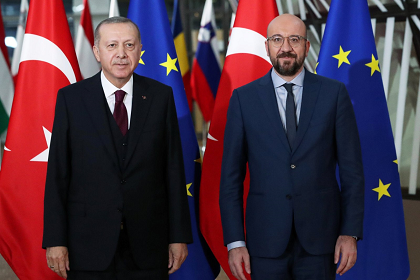 Courtesy: Reuters
Courtesy: Reuters
The Ukraine crisis has sent the EU scrambling for new gas supplies, generating fresh interest in gas pipelines from Central Asia and West Asia via Turkey. Practical difficulties make most of these new projects unviable.
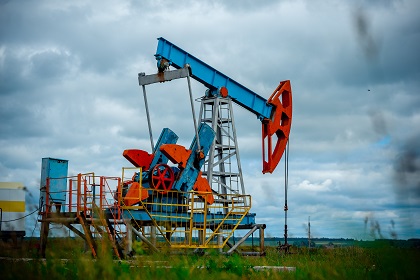 Courtesy: Shutterstock
Courtesy: Shutterstock
Renewable energy is trendy, but still unreliable at this early stage. Countries will find it necessary to fall back on traditional energy sources like coal and oil for their needs, and this can lead to energy price spikes. To protect itself from this scenario, now is the time for energy-dependent India to set up a wealth fund that invests in listed oil companies around the world, to reduce the risk of energy insecurity.
 Courtesy: Shutterstock
Courtesy: Shutterstock
India’s oil consumption and imports are likely to resume their upward trajectory as the economy opens up, after a temporary drop due to the pandemic. To secure its energy needs, the country should shift course from investing in oil and gas assets of emerging economies to those of developed nations. The oil-rich Organisation for Economic Co-operation and Development (OECD) countries, such as Canada, Norway, and the U.S. can be given special consideration.
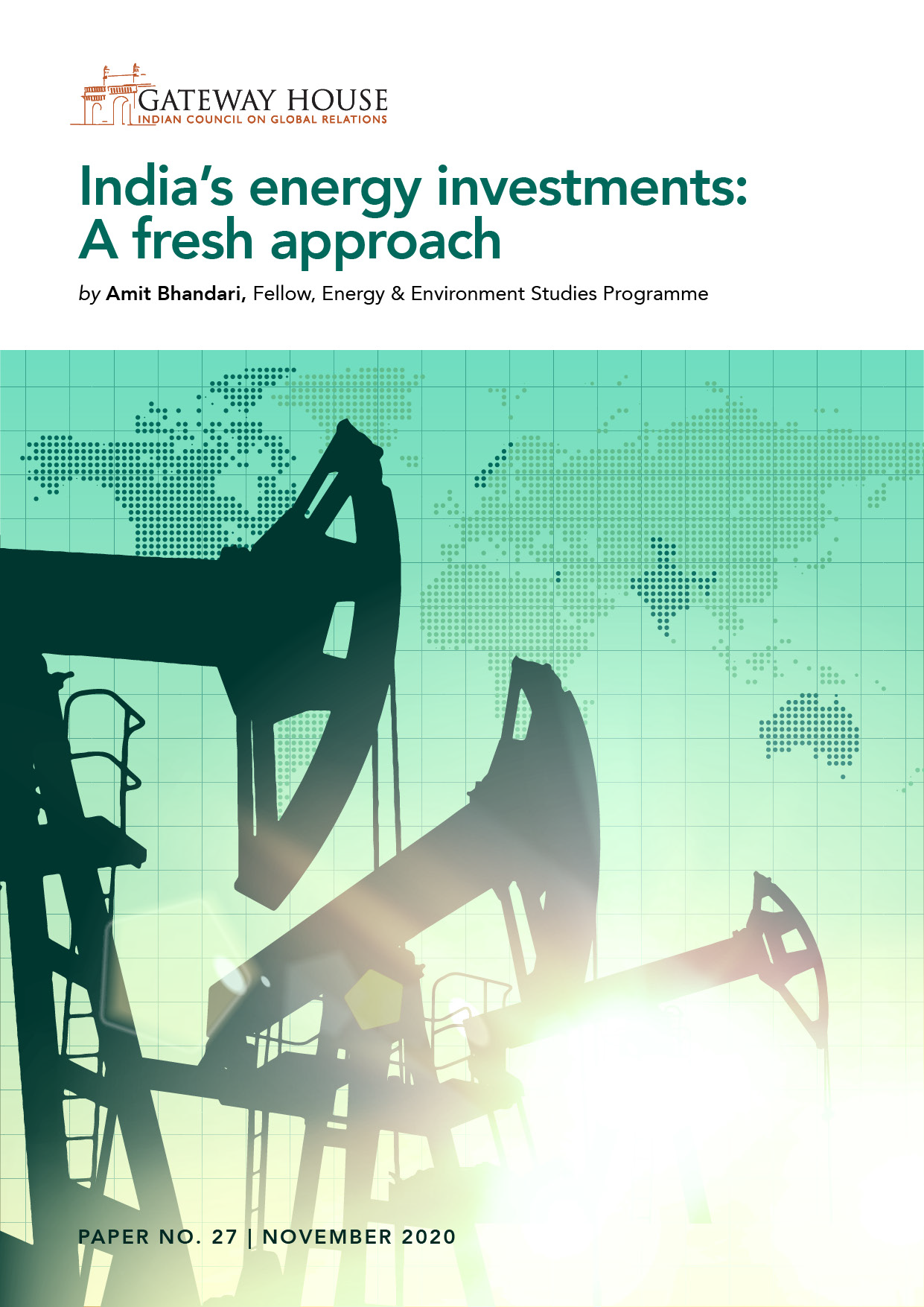 Courtesy: Gateway House
Courtesy: Gateway House
India’s investments in energy thus far have concentrated on buying stakes in oilfields in developing countries often at the risk of political unpredictability. With oil prices, and therefore oil company values, falling – India should revise this strategy and aim for better value and lower risk by making investments in companies in the developed world. This paper recommends investing in oil and gas assets in energy-rich developed countries like the U.S., Canada and Australia, to reduce India's vulnerability to future increases in energy prices. These should be made via a sovereign wealth fund (SWF), not the national oil companies. The SWF will be best served by acting as a financial investor, acquiring, only minority stakes, rather than aiming for management control.
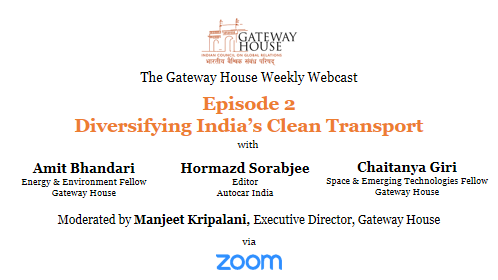 Courtesy: Gateway House
Courtesy: Gateway House
In this webcast, we discuss the transport energy options for India. The government of India intends to pursue Electric Vehicles with aggression, both to help India meet its Climate Change commitments, as also to reduce its dependence on fossil fuels in the post corona era. But is it what India needs? Are the necessary raw materials for batteries accessible in both the near and short term? Can India readily abandon oil, now cheap and from a region which gives jobs to our expatriate population?
 Courtesy: Shutterstock
Courtesy: Shutterstock
The Coronavirus pandemic has caused crude oil prices to crash almost 40% even as Saudi Arabia and Russia pump more oil into the market. Fears are rife that this crisis will hit demand. There are repercussions on the U.S., the world’s top oil producer, on India, one of its new clients, and on the Gulf Cooperation Council countries
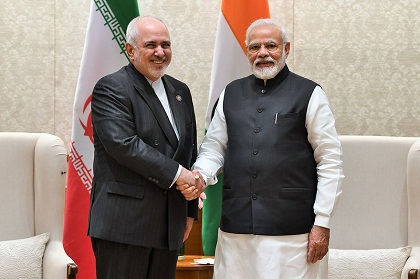 Courtesy: MEA/Flickr
Courtesy: MEA/Flickr
India-Iran ties span culture, economics and geopolitics. Iran is one of India’s most important neighbours and must be viewed on its own standing, not through a Western prism. Gateway House has an extensive repository of research and reporting on Iran, ranging from India-Iran historical ties, Iran’s role in India’s energy security and the impact of U.S. sanctions on Iran and on India, which helps to better understand this crucial nation.
 Courtesy: MEA/Flickr
Courtesy: MEA/Flickr
Iran’s foreign minister Javad Zarif was in Mumbai on 16-17 January 2020, just days after the Iran-U.S. showdown in Iraq and the assassination of Iran’s top general. Zarif explained Iran’s dilemma to audiences in India and was hoping for public support. But the fact is that the January tensions are not Iran’s problem alone; it’s a global game-changer that has propelled the formation of new alliances
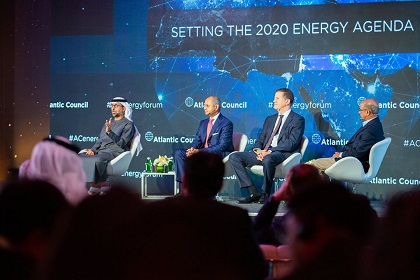 Courtesy: Atlantic Council
Courtesy: Atlantic Council
The Atlantic Council Global Energy Forum, held in Abu Dhabi on 10-12 January 2020, had the top businesses and analysts of the global energy industry. It was also part of a larger event, the annual Abu Dhabi Sustainability Week, which aims to be a global platform for sustainability in various industries